Home>Home Maintenance>My Property Assessment Increased By $5000; How Much More Will I Pay In Taxes?


Home Maintenance
My Property Assessment Increased By $5000; How Much More Will I Pay In Taxes?
Modified: March 6, 2024
Discover how your property assessment increase of $5000 might impact your taxes. Learn about the potential increase in your tax obligations and find out what steps you can take to manage them effectively.
(Many of the links in this article redirect to a specific reviewed product. Your purchase of these products through affiliate links helps to generate commission for Storables.com, at no extra cost. Learn more)
Introduction
Welcome to the world of property assessments and taxes! If you’re a homeowner, you may have recently received a notice informing you that your property assessment has increased. This news can be a bit concerning, as it often leads to higher property taxes. But don’t worry, we’re here to help you navigate through this process and understand how much more you might be paying in taxes as a result of the assessment increase.
Before we delve into the nitty-gritty of calculating your potential tax increase, let’s first gain a clear understanding of what property assessments are and how they impact your taxes.
Key Takeaways:
- Property assessments determine property taxes. An increase in assessment usually leads to higher taxes. Understanding the impact and calculating potential tax increase can help homeowners plan their finances effectively.
- Factors like local government budget, school funding, and economic conditions influence tax rates. Knowing these factors provides a broader perspective on tax rate adjustments in your area.
Read more: Property Assessment: How Much Tax Will I Pay
Understanding Property Assessments
Property assessments are evaluations of the value of your property conducted by local government authorities. These assessments determine the amount of property tax you are required to pay. Assessments are typically conducted on an annual or biennial basis and are based on various factors such as the property’s size, location, condition, and recent sales of similar properties in the area.
The purpose of property assessments is to ensure that property taxes are distributed fairly among homeowners. Assessments help determine the market value of your property, which serves as the basis for calculating your property taxes. It’s important to note that property assessments are usually done by trained assessors who follow specific guidelines and use a variety of methods to determine the value of your property.
Assessments are not just limited to residential properties; they also apply to commercial, industrial, and agricultural properties. So, regardless of the type of property you own, it will likely be subject to assessment.
It’s worth noting that property assessments are different from appraisals. While property assessments are primarily used for tax purposes, appraisals are typically conducted when buying or selling a property to determine its fair market value.
Now that we have a basic understanding of property assessments, let’s explore how these assessments impact your property taxes.
How Property Assessments Impact Taxes
Property assessments play a crucial role in determining the amount of property taxes you are required to pay. The assessed value of your property is multiplied by the local tax rate to calculate your annual property tax bill. Therefore, when your property assessment increases, it is likely that your property taxes will also increase.
The relationship between property assessments and taxes can be summarized as follows: as the assessed value of your property increases, the potential for higher property taxes becomes evident. This is because the tax rate is typically applied to the assessed value of the property, meaning that a higher assessed value will result in a higher tax bill.
For example, suppose your property was assessed at $200,000 last year, and the tax rate in your area is 2%. This means that your annual property tax bill would have been $4,000. Now, let’s say that this year your property assessment increased to $250,000. Applying the same tax rate of 2%, your new property tax bill would be $5,000.
It’s important to note that property tax rates can vary from one jurisdiction to another. Some areas may have higher tax rates, while others may have lower rates. The specific tax rate applicable to your property can usually be found on your tax assessment notice or by contacting your local tax authority.
Additionally, it’s crucial to understand that property assessments are subject to review and appeal. If you believe that your property assessment is incorrect or unfair, you may have the option to challenge it through the assessment appeal process. This can potentially lead to a reduction in your assessed value and, consequently, a lower tax bill.
Now that we comprehend how property assessments impact taxes, let’s move on to determining the tax increase resulting from an assessment increase.
Determining the Tax Increase
When your property assessment increases, it’s natural to wonder how much more you will need to pay in taxes. To determine the tax increase resulting from an assessment increase, you need to consider two key factors: the percentage increase in your property assessment and the applicable tax rate.
The first step is to calculate the percentage increase in your property assessment. This can be done by subtracting the previous year’s assessment from the current year’s assessment, dividing that difference by the previous year’s assessment, and then multiplying by 100 to get the percentage increase.
For example, if your property was assessed at $300,000 last year and is now assessed at $350,000, the difference is $50,000. Dividing this difference by $300,000 and multiplying by 100 would give you a 16.67% increase in your property assessment.
Next, you need to determine the applicable tax rate. This can be found on your tax assessment notice or by contacting your local tax authority. Let’s assume the tax rate for your property is 2%.
To calculate the tax increase, multiply the percentage increase in your property assessment by the applicable tax rate. Using the example above, multiplying the 16.67% increase by the 2% tax rate would give you a 0.3334 increase in your tax rate.
Finally, to determine the actual tax increase in dollars, multiply the tax increase rate by your previous year’s tax bill. Using the previous year’s tax bill of $5,000, the actual tax increase would be $1,666.70.
Keep in mind that this is a simplified calculation and doesn’t consider other factors that may influence your tax bill, such as changes in tax rates or exemptions. Additionally, tax assessment processes can vary by jurisdiction, so it’s always a good idea to consult with your local tax authority or a qualified tax professional for precise calculations and advice.
Now that we understand how to determine the tax increase resulting from an assessment increase, let’s explore the factors that can influence tax rates.
Check your local tax rate to calculate the increase in property taxes. Multiply the assessment increase by the tax rate to find out how much more you will pay.
Factors Influencing Tax Rates
While property assessments are an essential component in determining your property taxes, tax rates can be influenced by various factors beyond just your property’s assessed value. It’s essential to understand these factors to get a comprehensive view of how tax rates are determined.
1. Local Government Budget: The tax rates are often set by local government authorities based on their budgetary needs. If the government requires additional revenue to fund public services or infrastructure projects, it may result in higher tax rates.
2. School District Funding: A significant portion of property taxes goes towards funding local schools. School districts may have separate levies and taxes, which can impact the overall tax rate in your area.
3. Municipal Services: The cost of providing municipal services, such as police and fire departments, road maintenance, parks, and libraries, is financed through property taxes. If there are increases in the cost of these services, it may lead to higher tax rates.
4. Economic Conditions: The overall economic health of an area can influence tax rates. In times of economic prosperity, there may be less need for high tax rates, while in times of economic downturn or budget shortfalls, tax rates may be increased.
5. State Laws and Regulations: Tax rates can also be influenced by state laws and regulations. Each state has its own rules and restrictions on property taxation, which can impact the tax rates in your area.
6. Voter Approval: In some cases, tax rate increases may require voter approval through referendums or local elections. This ensures that tax increases are transparent and have the support of the community.
It’s important to note that tax rates can vary significantly between different jurisdictions. Factors such as the size and income level of the community, the availability of resources, and the level of services provided can all contribute to differences in tax rates.
Keep in mind that while property assessments may impact your tax bill, fluctuations in tax rates can have a more significant impact on your overall tax liability. Understanding these influencing factors will help you gain insight into the tax rate adjustments in your area.
Now that we have explored the factors that can influence tax rates, let’s move on to calculating the additional tax amount resulting from an assessment increase.
Read more: How Do I Obtain Tax Property Assessment
Calculating the Additional Tax Amount
Calculating the additional tax amount resulting from an assessment increase requires a few steps to ensure accuracy. By following these steps, you can estimate how much more you will be paying in taxes due to the assessment increase.
1. Determine the Percentage Increase: Start by calculating the percentage increase in your property assessment, as we discussed earlier. Subtract the previous assessment from the current assessment, divide by the previous assessment, and multiply by 100 to obtain the percentage increase.
2. Identify the Tax Rate: Find out the tax rate applicable to your property. This can usually be found on your tax assessment notice or by contacting your local tax authority.
3. Calculate the Tax Increase Rate: Multiply the percentage increase in your property assessment by the tax rate. This will give you the tax increase rate as a decimal.
4. Find the Previous Year’s Tax Bill: Refer to your previous year’s property tax bill to determine the amount you paid in taxes.
5. Calculate the Additional Tax Amount: Multiply the tax increase rate by the previous year’s tax bill to calculate the additional tax amount resulting from the assessment increase.
For instance, let’s say your property assessment increased by 10%, and the tax rate in your area is 2.5%. If your previous year’s tax bill was $4,000, the calculation would be as follows:
10% (assessment increase) x 2.5% (tax rate) = 0.10 x 0.025 = 0.0025
0.0025 (tax increase rate) x $4,000 (previous year’s tax bill) = $10
Therefore, your additional tax amount resulting from the assessment increase would be $10.
It’s important to remember that this calculation is an estimate, and your actual tax increase may vary due to factors such as local tax regulations, exemptions, or changes in tax rates.
By using this method to calculate the additional tax amount, you can better understand the financial impact of your assessment increase and plan for any adjustments to your budget.
Now that we have explored the steps to calculate the additional tax amount, let’s conclude our discussion.
Conclusion
Understanding how property assessments and tax rates work is essential for homeowners who have received an increase in their property assessments. While an assessment increase may lead to higher property taxes, knowing how to calculate the potential tax increase can help you plan your finances accordingly.
In this article, we explored the basics of property assessments, including how they are conducted and their purpose in determining property taxes. We discussed how property assessments impact taxes, with higher assessments often resulting in higher tax bills.
We then delved into the process of determining the tax increase resulting from an assessment increase. By calculating the percentage increase in your assessment, identifying the tax rate, and multiplying the two, you can estimate the additional tax amount you will be paying.
Furthermore, we explored the factors influencing tax rates, such as local government budgets, school district funding, municipal services, economic conditions, state laws, and voter approval. Understanding these factors provides a broader perspective on the tax rate adjustments in your area.
To calculate the additional tax amount resulting from an assessment increase, we outlined the necessary steps, including finding the percentage increase, identifying the tax rate, and multiplying them to calculate the tax increase rate. By multiplying this rate by your previous year’s tax bill, you can estimate the additional tax amount.
It’s important to note that these calculations are estimates and can be influenced by various factors specific to your jurisdiction. Consultation with your local tax authority or a qualified tax professional can provide more accurate information and guidance tailored to your situation.
In conclusion, receiving a property assessment increase may result in higher property taxes, but understanding the process and calculating the potential tax increase can help you budget and plan effectively. Stay informed, review your assessment, and reach out to the relevant authorities for any concerns or clarifications. By staying proactive and informed, you can navigate through the world of property assessments and taxes with confidence.
Frequently Asked Questions about My Property Assessment Increased By $5000; How Much More Will I Pay In Taxes?
Was this page helpful?
At Storables.com, we guarantee accurate and reliable information. Our content, validated by Expert Board Contributors, is crafted following stringent Editorial Policies. We're committed to providing you with well-researched, expert-backed insights for all your informational needs.

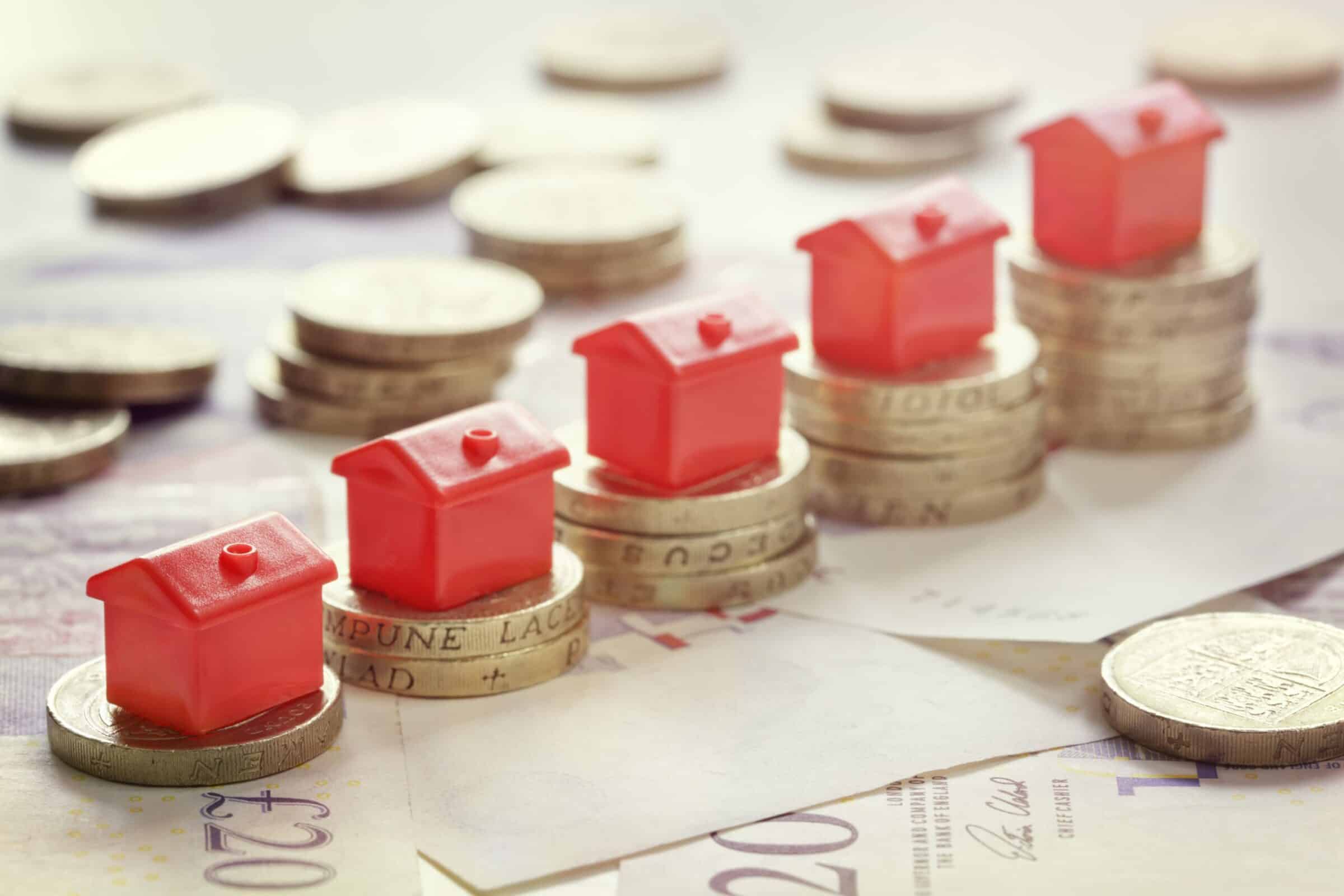

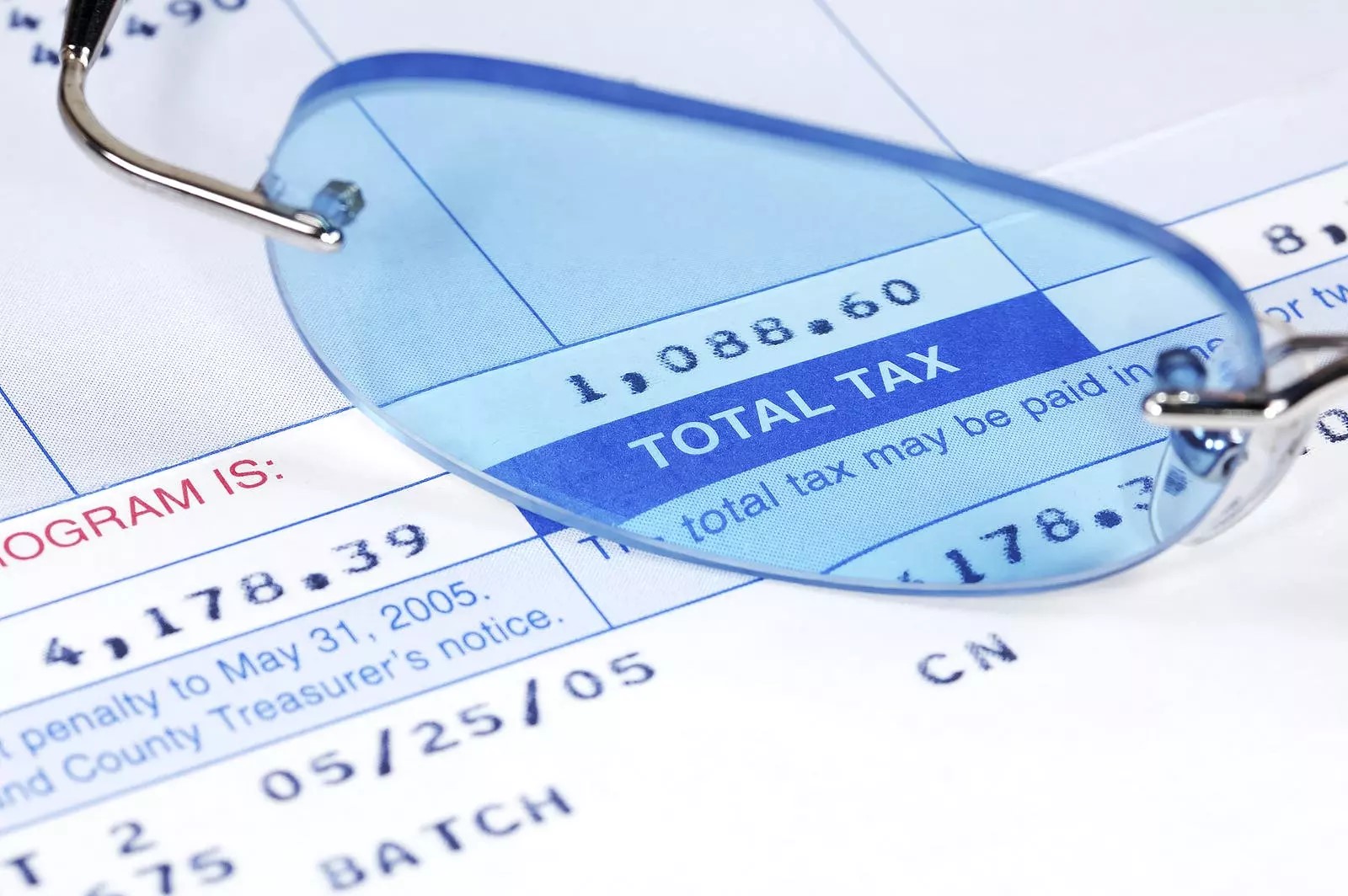
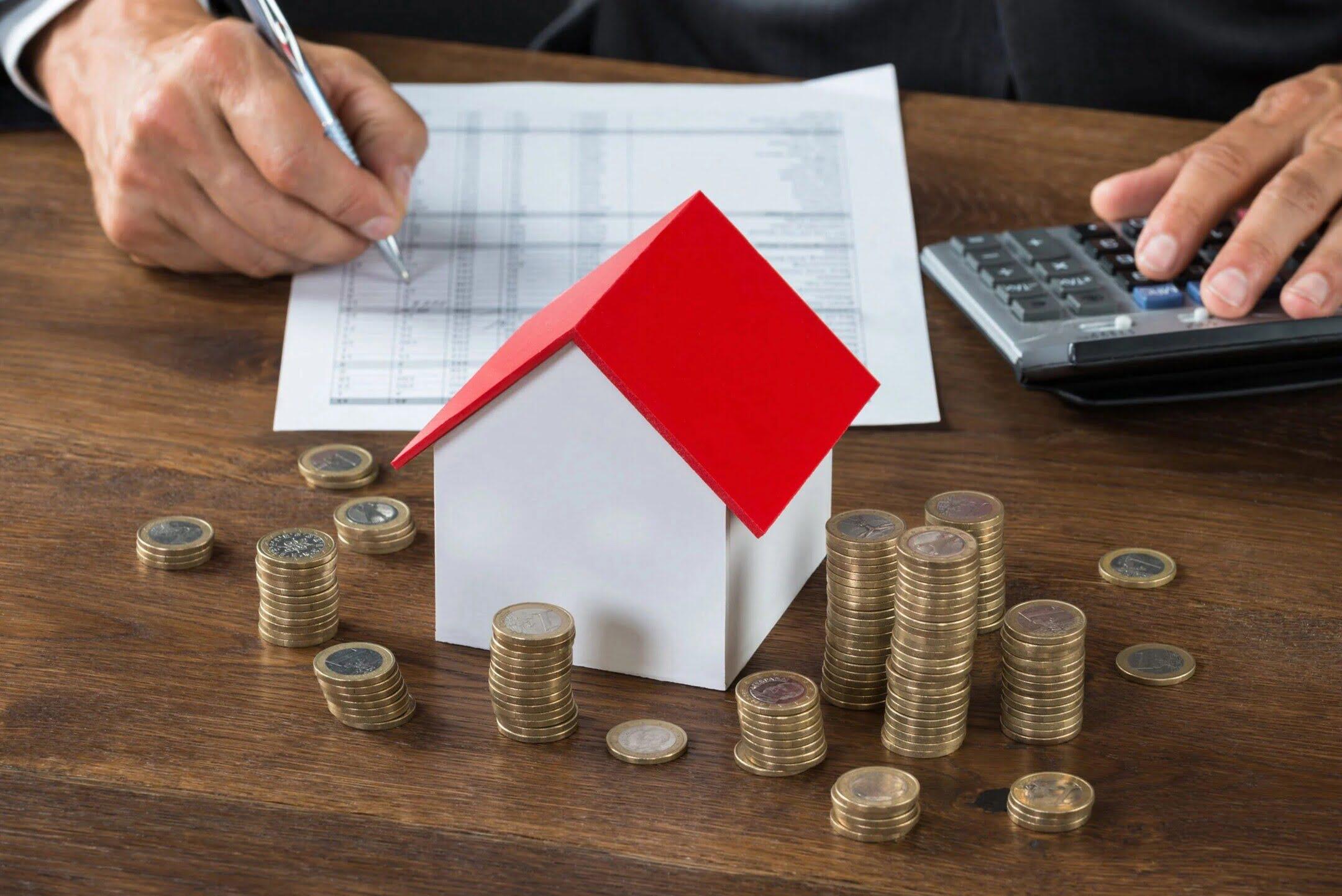

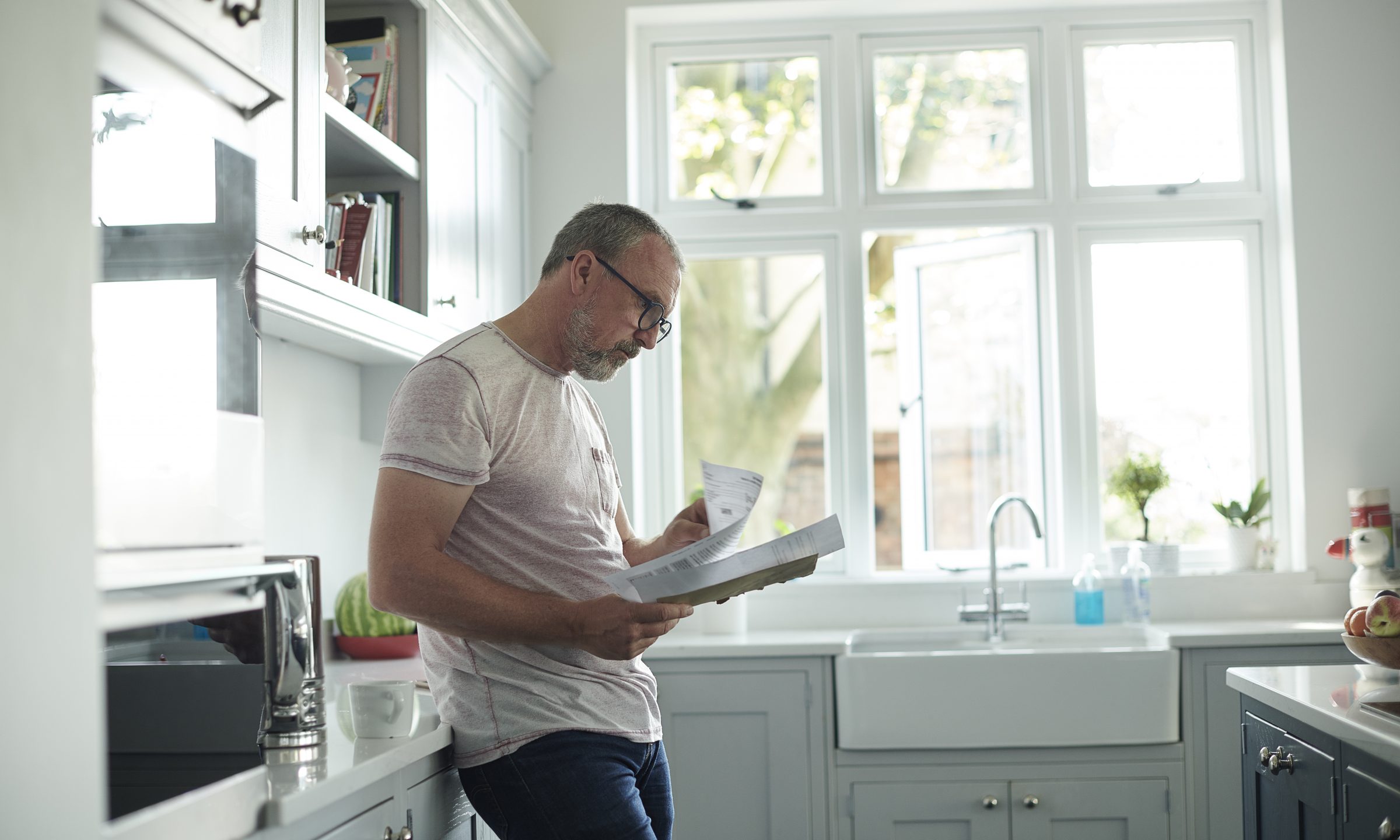
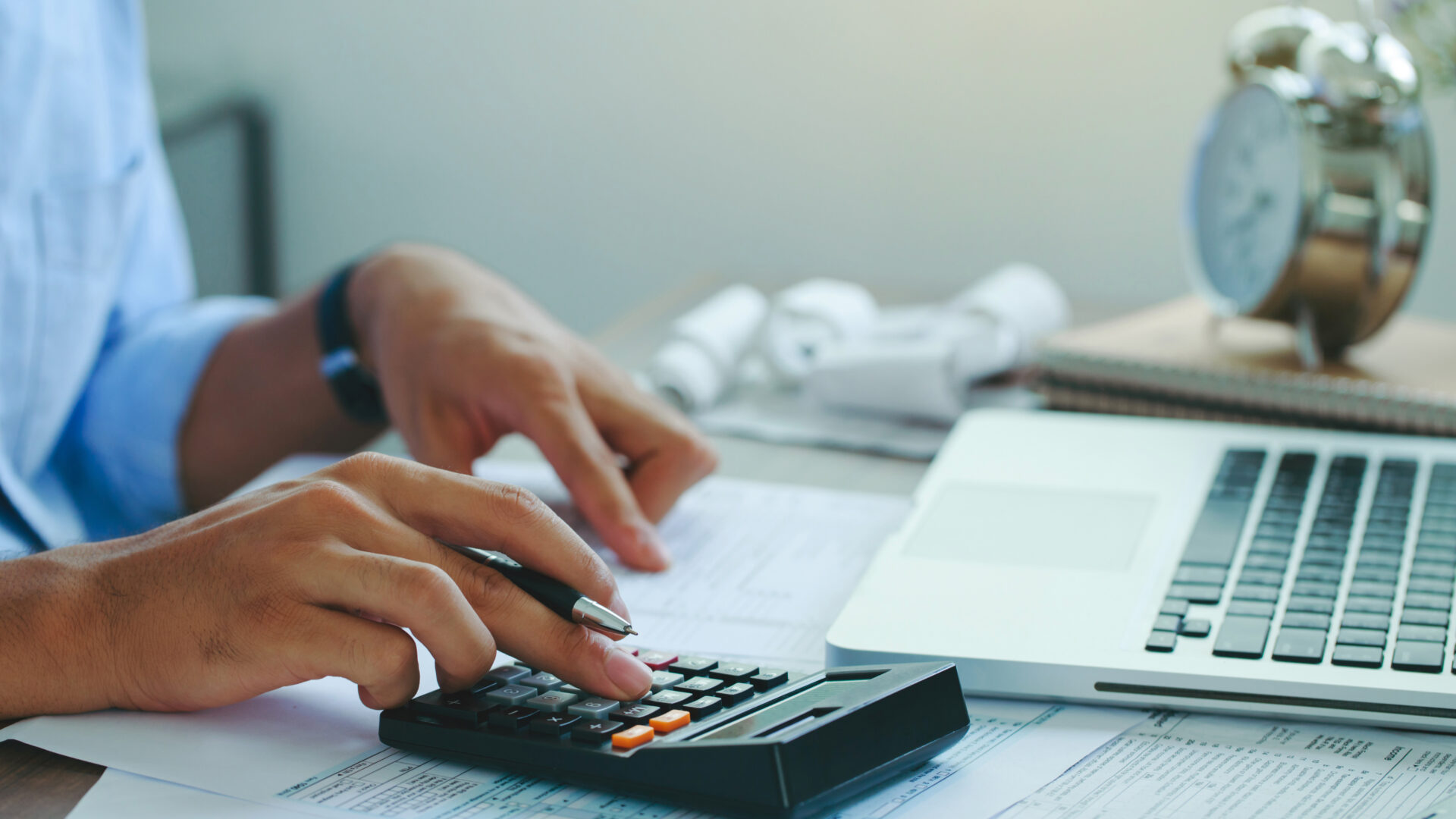
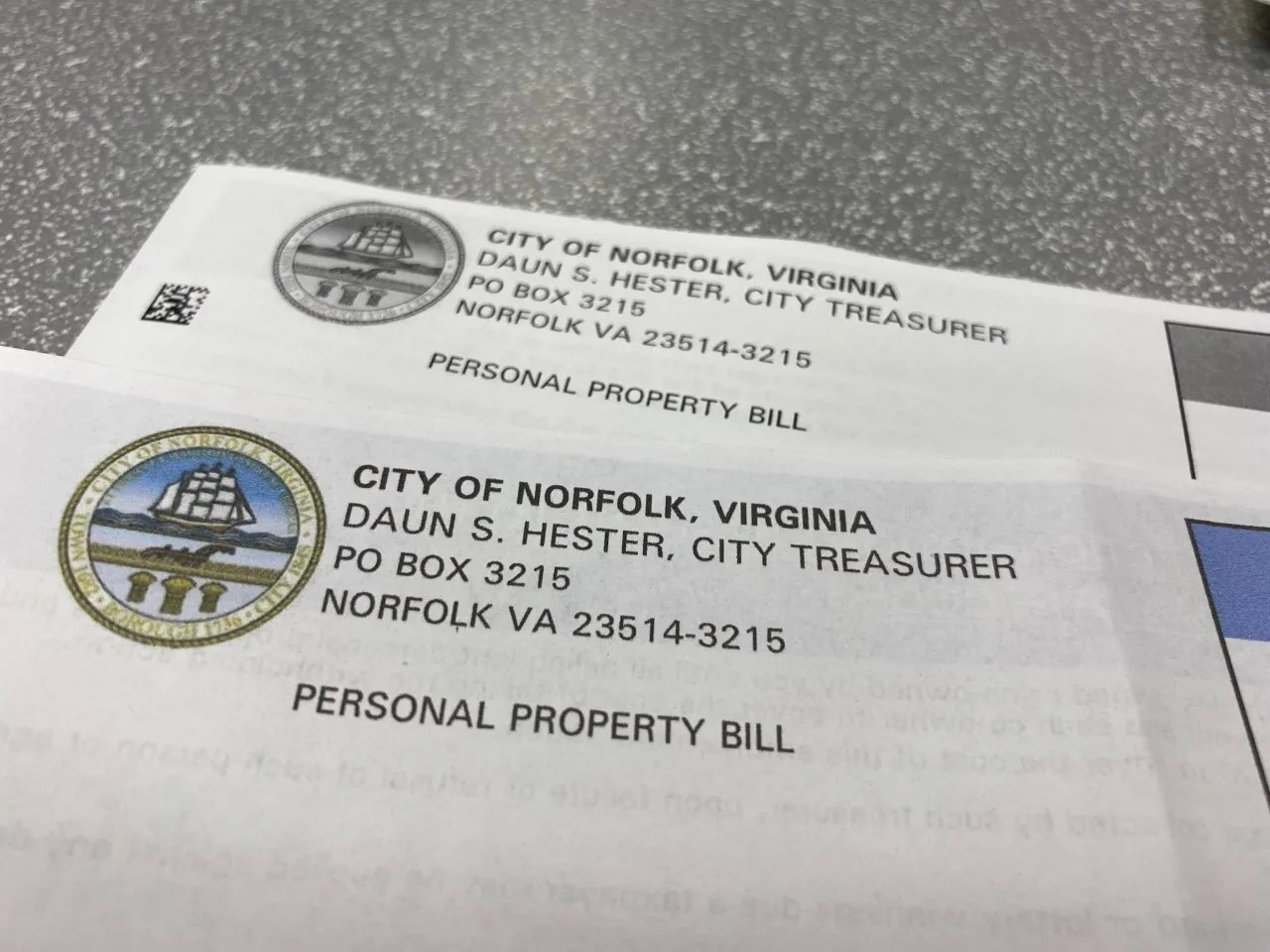
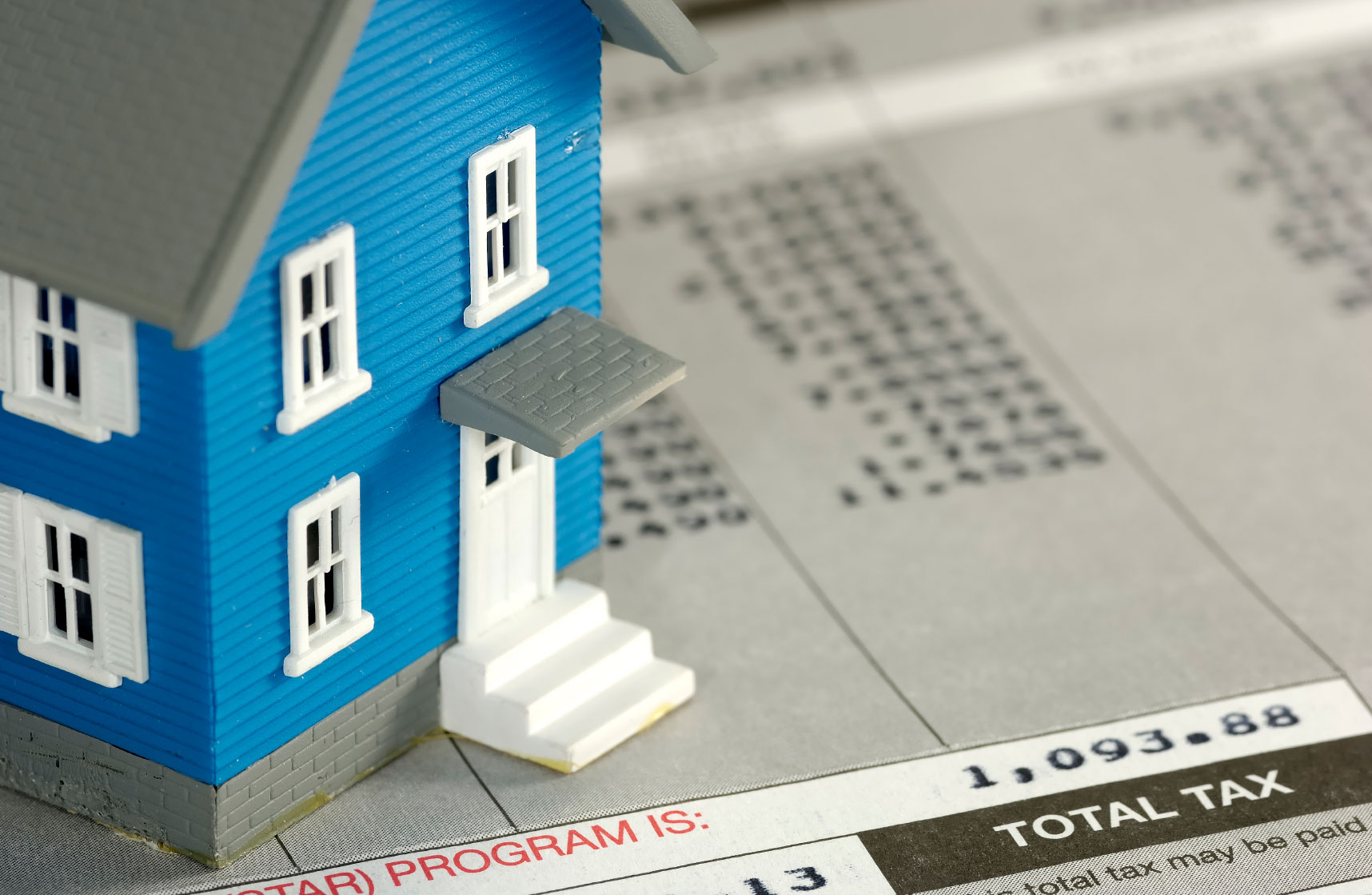





0 thoughts on “My Property Assessment Increased By $5000; How Much More Will I Pay In Taxes?”